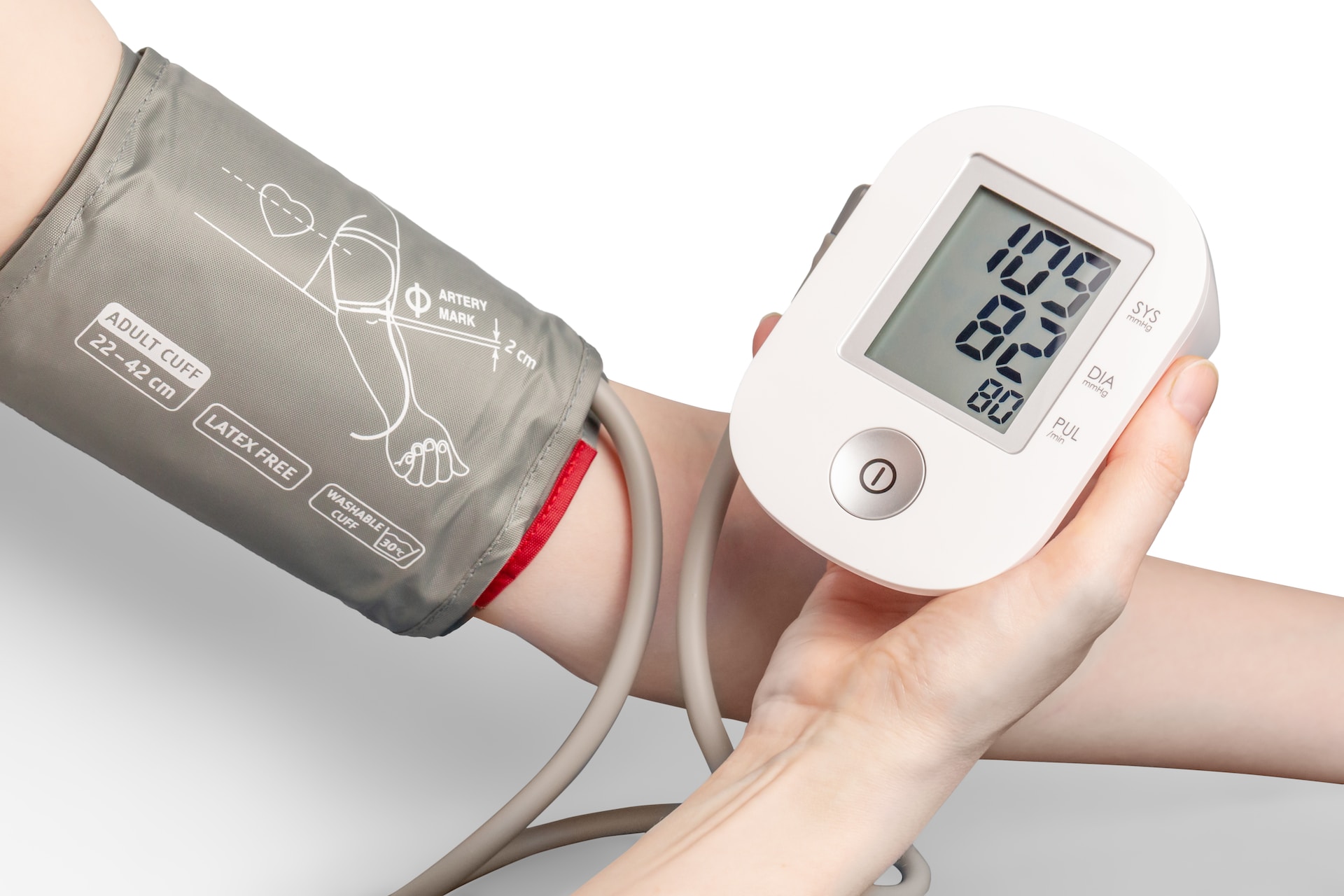The State of Hawaii offers a full range of valuable employee benefits. These include health insurance, life insurance, retirement plans, vacation, sick, and holiday leave.
Hawaii has its unique healthcare coverage law, the Prepaid Health Care Act (PHCA). This act limits cost-sharing for high-deductible health plans, resulting in lower deductibles than other states.
Health Insurance
Hawaii has a national ranking of 88 out of 100 for health insurance affordability, meaning the State offers affordable premiums and low out-of-pocket costs. When choosing a plan, it is essential to consider an individual’s specific medical needs and budget. For example, a family may need specialized care for a child with special needs or elderly relatives who require screenings to detect serious illnesses.
In addition to private health insurance, Hawaii employee benefits have access to Medicare for seniors and those with disabilities and Medicaid for those with low incomes. Employees can choose from 19 HMOs and eight PPO plans in the State.
When shopping for a project, it is crucial to compare the cost of monthly premiums and annual maximum out-of-pocket costs (MOOP). Generally, higher metal tier plans have pricier monthly premiums but offer lower out-of-pocket expenses like deductibles, copays, and coinsurance.
Employers must offer their employees a health plan during open enrollment to avoid paying a penalty. If a company self-insures its Hawaii group coverage, it must annually review its strategy and pricing against federal solvency and ability-to-pay guidelines.
The ACA requires small groups and individuals to include the ACA’s essential health benefits in their plans. However, the State of Hawaii set its own rules for employer-sponsored plans, including how much an employee’s share of the premium can be based on their earnings.
Dental Insurance
Dental insurance is a great way for your employees to receive routine dental care. Typically, it covers preventative visits, cleanings, and basic restorative procedures like fillings and X-rays. It may also cover orthodontics and oral surgery. Dental benefits tend to have an annual maximum and a deductible.
Most dental insurance plans have a network of dentists offering discounted treatment rates. Many dental insurance providers have different plan types, including PPO, HMO, and DHMO. The type of plan you choose will help determine your deductible, coinsurance, and annual maximum benefits.
If you are considering buying dental insurance in Hawaii, consider your budget and what coverage levels you need. Dental insurance premiums can change depending on the type of plan, the area, and whether it covers tobacco use.
Most companies offer group dental insurance that allows you to get better rates due to buying in bulk. This means you can submit your employees a wide range of dental insurance options and still have enough money to cover other benefits.
Some independent insurance providers can offer dental coverage. These are often referred to as direct reimbursement dental plans. They are different than traditional insurance as they do not pay a percentage of the cost of the treatment but instead reimburse patients for all costs associated with the procedure.
Life Insurance
Many employers in Hawaii provide their employees with life insurance, typically included in the health benefits package. It offers a death benefit to beneficiaries that can be used for funeral costs, final expenses, and other debts.
In addition, life insurance policies in Hawaii accrue interest daily, which means that the death benefit will grow over time. Life insurance is also guaranteed in Hawaii, meaning that a death claim will be paid by the State’s life and disability insurers through its guaranty association.
The State’s maternity leave laws supplement the federal Family Medical Leave Act (FMLA) and require employers to offer employees four weeks of unpaid maternity leave. In addition, the State’s workers’ compensation insurance protects employees who are injured on the job.
Hawaii is an employment-at-will state, which means that employees can be terminated for any reason or no reason at all as long as it is not discriminatory. However, Hawaii’s law prohibits using arrest and conviction records in hiring decisions.
An employer cannot ask about a prospective employee’s criminal history to avoid violating this state law until they have made a conditional job offer. The only exception is if the criminal record has a “direct and reasonable relationship” to the position for which the applicant is applying.
Voluntary Benefits
Voluntary benefits add value to your team’s compensation package and help differentiate your organization from other employers. They typically include supplemental medical insurance like critical illness, cancer care, accidental injury coverage, life, disability, and retirement savings plans.
Employees in Hawaii earn paid vacation and holidays as part of their contractual or union agreement. Employees also have the opportunity to contribute to a 401(k) plan with a company match and enroll in life insurance through HMSA.
The HMSA group life insurance plan offers basic term life coverage for non-bargaining employees at no additional cost to the employer. It provides coverage equal to 2.5 times the employee’s annual salary plus for their spouse or children.
The State offers a 403(b) tax-deferred annuity program and a flexible spending account that allows participants to pay for eligible medical, dental, and dependent care expenses on a pre-tax basis. National Benefit Services administers these programs.
The State of Hawaii’s Temporary Disability Insurance (TDI) law requires employers to provide partial wage replacement insurance for workers who cannot work due to a non-work-related illness or injury. TDI pays 60% of the employee’s base monthly salary and is coordinated with other disability income benefits, including social security, workers’ compensation, etc.



